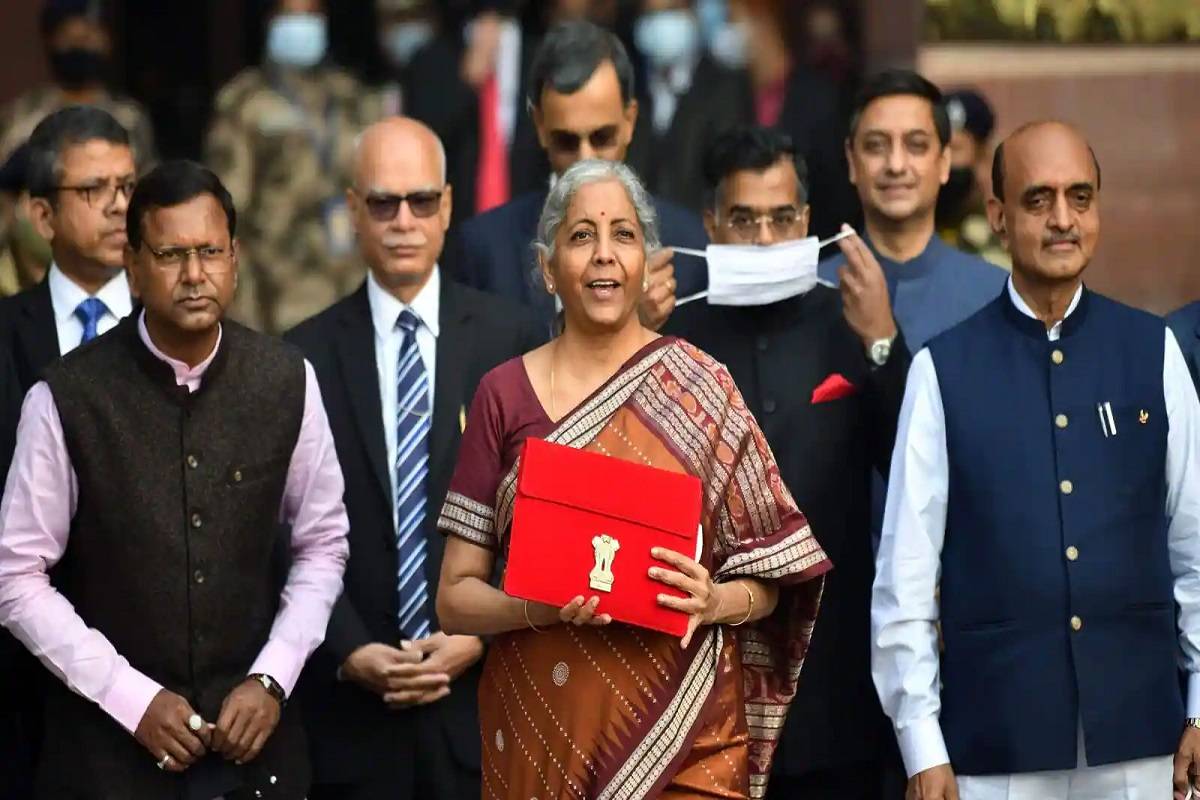
The Union Budget 2023 that will be announced by finance minister Nirmala Sitharaman today is by far the most important one for the finance minister. Keeping in mind the ongoing economic recession and the shudder from two hard years of the Covid-19 pandemic, and the Ukraine war which affected the supply chain, the budget must account for all these adverse circumstances for the Modi government to return to power in the upcoming elections.
Dr. P.K. Pant, COO of Krishi Jagran and renowned Agri-expert stated that even though India occupies a relatively bright spot in the global economy, most of its key trading partners in the West and China are experiencing a severe recession, and in some situations, India needs to be ready for one too.
Many other factors such as farmers suffering due to no rain in some areas during the winter season make it even more difficult for the finance minister to present this year’s budget. Although according to government data, there is speculation that this year's Rabi crop production is 3% higher than last year's production. Nonetheless, farmers are increasingly becoming aware of the harm that climate change causes.
In the year 2022-23, rice and wheat crops were also severely damaged due to erratic climatic conditions. Therefore, from this year's annual budget, we have a lot of hope for the agriculture sector. From an economic point of view, the year 2023-24 is likely to be highly uncertain.
Climate change, the steep rise in global prices of wheat and edible oils, the Russian invasion of Ukraine, and the surge in crude oil prices have made it even more complex. The economy of many developed countries is facing a recessionary trend. In this scenario of uncertainty, Indian exports are being severely affected. So, I believe that in this year's Budget, the finance minister will have to take some important decisions in the field of agriculture.
In the 2022-23 budget, Rs 65,000 crore was allocated for the PM Kisan scheme, while the premium subsidy for the PM Fasal Bima Yojana (PMFBY) was provided at Rs 16,000 crore. Rs 19,468.31 crore has been allocated for interest subvention on short-term loans. I do not see any possibility of any cut in the allocation of these schemes in the budget for 2023-24.
One of the objectives behind the Farmers' Produce Trade and Commerce (Promotion and Facilitation) Act, 2020 was to expedite and encourage trade in agricultural produce outside the APMCs but the law was repealed for some reason. It is expected that the Union Budget for 2023-24 will announce a scheme to give grants to APMCs to improve much-needed infrastructure.
For pisciculture, meat, and poultry, basic fundamental necessities in most of the mandis where they are sold are required. The fisheries sector, along with wheat, paddy, and sugarcane, needs more attention as it not only provides livelihood to 28 million people but also mostly due to the engagement of farmers from vulnerable communities.
Meat is another highly neglected sector and it has been observed that the income received by farmers from the sale of their animals has declined. So, we expect our finance minister to take note of these situations and possibly consider allocating additional funds by the government to improve the situation.
Due to climate change, we have to pay more attention to drip irrigation, mulching, and water management technology, we believe that in the upcoming budget, the government can pay more scrutiny to this and apportion additional funds to cover areas with less rainfall.
Extension services, both public and private sectors, have played a key role in the transfer of technologies to production systems. There is a need to further strengthen them by promoting PPS, entrepreneurship, and startups.
Market integration, ICT applications, print media backups, training and business opportunities for rural youth, promotion of a greater number of FO and FPC, etc. are likely to be inclusive however, this requires increased budgetary support for an extension of services through central and centrally sponsored schemes. Given that it's an election year, I believe they can give the agricultural industry more attention than they have in the past few years.












Share your comments